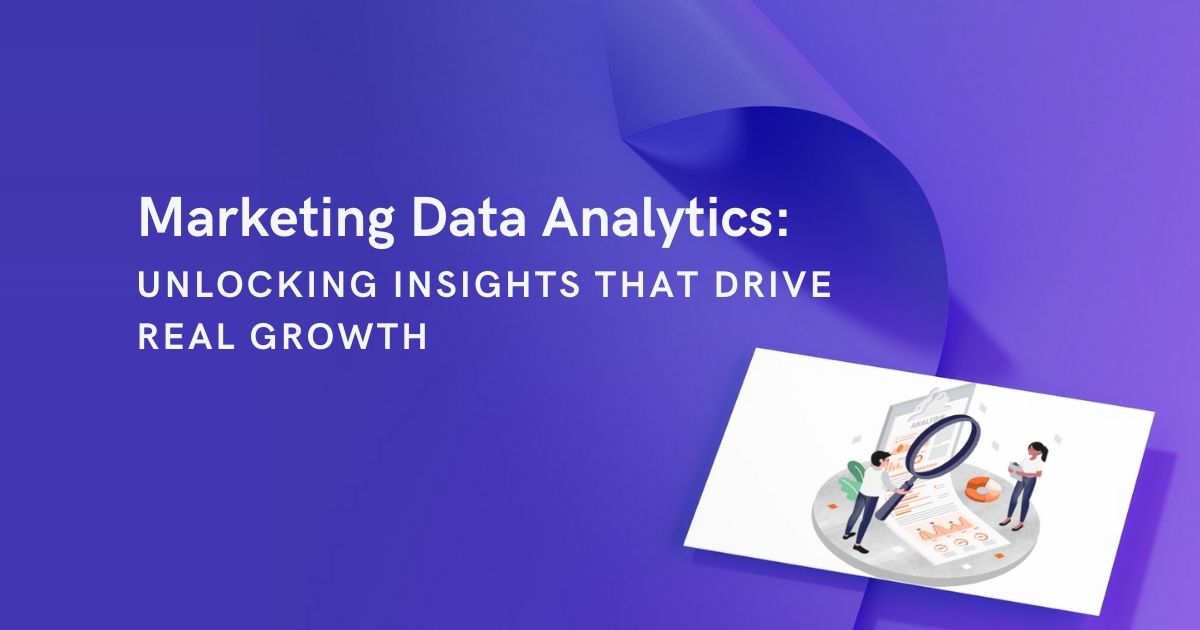Data Warehouse Consulting Services: A Game-Changer

Strong 8k brings an ultra-HD IPTV experience to your living room and your pocket.
Data is everywhere. From social media interactions to online purchases and enterprise-level transactions—businesses today are swimming in oceans of information. But raw data alone doesn’t do much. That’s where Data Warehouse Consulting Services step in. These services are like the architects and builders of a high-tech vault—where your data is not just stored but refined, organized, and made ready for action.
So, whether you're a startup trying to track customer behavior or a large enterprise diving deep into predictive analytics, a solid data warehouse is your secret weapon.
What Are Data Warehouse Consulting Services?
Data warehouse consulting services are specialized services offered by professionals who help businesses design, build, maintain, and optimize data warehousing systems. These systems serve as centralized repositories where data from various sources is collected, cleaned, stored, and made available for business intelligence (BI) and decision-making processes.
Benefits of Data Warehouse Consulting Services
1. Better Decision-Making
With a structured data warehouse in place, decision-makers get access to reliable, real-time information. This allows them to spot trends, identify risks, and seize opportunities quicker than ever.
2. Data Consolidation
No more juggling between multiple Excel sheets or databases. A data warehouse brings all your data under one roof—be it CRM, ERP, or marketing analytics.
3. Improved Performance and Speed
Imagine running reports that used to take hours in just a few seconds. That’s what optimized data warehousing can do for your business.
4. Enhanced Data Quality
Consultants ensure your data is cleaned, standardized, and de-duplicated. Because bad data leads to bad decisions.
Key Components of a Data Warehouse
1. ETL (Extract, Transform, Load) Process
This is the lifeblood of data warehousing. Data is extracted from source systems, transformed into a usable format, and loaded into the warehouse.
2. Data Modeling
Consultants design the structure of the data warehouse—fact tables, dimensions, and schemas—to ensure efficient data retrieval.
3. Metadata Management
Metadata is data about your data. Consultants organize and manage metadata so users know where data comes from and how to interpret it.
4. Data Governance and Security
Security protocols, compliance standards, access controls—all these are integrated into the system to ensure your data stays safe and private.
How Consultants Help You Succeed
1. Needs Assessment
They begin by understanding your current data environment, business needs, and future goals. It’s like a health checkup for your data systems.
2. Architecture Design
Based on the assessment, they design a custom data architecture—choosing between cloud-based, on-premise, or hybrid setups.
3. Tool Selection
They help you pick the right tools—whether it’s Amazon Redshift, Snowflake, Google BigQuery, or Microsoft Azure Synapse.
4. Implementation and Testing
Then comes the actual building of the warehouse, followed by rigorous testing to ensure everything runs smoothly.
5. Training and Documentation
Consultants don’t just walk away after implementation. They provide training and documentation so your team can confidently use the system.
Cloud vs On-Premise Data Warehousing
Cloud Data Warehousing
- Scalability: Scale up or down based on your needs.
- Lower upfront costs: No need for expensive hardware.
- Popular Tools: Snowflake, Redshift, BigQuery.
On-Premise Data Warehousing
- Control: Full control over hardware and software.
- Security: Better suited for industries with strict compliance needs.
- Popular Tools: Oracle, Teradata.
Hybrid Models
Combining the flexibility of cloud with the control of on-premise—a great fit for large enterprises with complex needs.
Top Tools Used in Data Warehousing
- Snowflake – Great for scalability and performance.
- Amazon Redshift – Powerful, integrated with AWS.
- Google BigQuery – Serverless and fast.
- Microsoft Azure Synapse – Combines big data and data warehousing.
- Oracle – Reliable and secure for large-scale warehousing.
Common Challenges Solved by Consulting Services
1. Data Silos
Consultants integrate disparate data systems, ensuring everyone is working from a single source of truth.
2. Performance Bottlenecks
Slow queries and lagging dashboards? They optimize indexes, queries, and ETL pipelines.
3. Lack of Expertise
Many businesses don’t have in-house data engineers. Consultants bring that expert-level skill set you need.
Industries That Benefit the Most
- Retail: Inventory, customer behavior, sales forecasting.
- Healthcare: Patient records, compliance reporting, operational insights.
- Finance: Fraud detection, risk analysis, customer segmentation.
- E-commerce: User behavior, conversion tracking, logistics optimization.
- Manufacturing: Supply chain visibility, quality control, and production planning.
Cost of Data Warehouse Consulting Services
While pricing can vary widely depending on the project size and scope, most consultants work on a project basis or hourly rates. Factors affecting the cost:
- Project complexity
- Volume of data
- Number of data sources
- Tools and technologies used
- Ongoing maintenance and support
Think of it as an investment. A well-implemented data warehouse can pay for itself by improving operational efficiency and decision-making.
Why You Shouldn’t DIY Your Data Warehouse
Sure, DIY can work for building IKEA furniture—not for building a robust data warehouse. Mistakes can be costly in terms of both time and money. Consultants help you avoid common pitfalls and ensure best practices are followed right from the start.
Future Trends in Data Warehousing
- AI and ML Integration – Smarter analytics with predictive capabilities.
- Real-Time Warehousing – Instant updates and insights.
- Data Lakes Convergence – Blending structured and unstructured data.
- Edge Data Storage – For industries needing local data processing (like IoT).
How to Choose the Right Data Warehouse Consultant
- Check Experience: Have they worked in your industry?
- Look at Case Studies: Past success is a great indicator.
- Certifications: AWS, Azure, GCP, etc.
- Communication Skills: You need someone who can translate tech jargon into business outcomes.
- Post-Implementation Support: Make sure they offer training and ongoing maintenance.
Final Thoughts
In the data-driven world we live in, ignoring your data is like ignoring your fuel gauge on a road trip. Data Warehouse Consulting Services make sure your business is not just collecting data—but using it to grow, innovate, and lead. From architecture planning to tool selection and implementation, a good consultant will make your data work harder and smarter for you.
FAQs
Q1: How long does it take to implement a data warehouse?
A: It varies, but typically ranges from a few weeks to several months depending on the complexity and size of the project.
Q2: What’s the difference between a database and a data warehouse?
A: Databases are designed for real-time operations, while data warehouses are optimized for analysis and reporting.
Q3: Do I need a data lake and a data warehouse?
A: It depends on your use case. Data lakes store raw data; data warehouses store structured data for analysis. Sometimes, businesses use both.
Q4: Can small businesses benefit from data warehouse consulting?
A: Absolutely. Even startups can gain actionable insights from properly managed data systems.
Q5: What kind of ROI can I expect from investing in data warehousing?
A: Improved decision-making, better customer experiences, and operational efficiency can all translate into measurable ROI.
Note: IndiBlogHub features both user-submitted and editorial content. We do not verify third-party contributions. Read our Disclaimer and Privacy Policyfor details.







